37 Best Alcohol and Drug Rehabs in Saint Louis, MO 2025
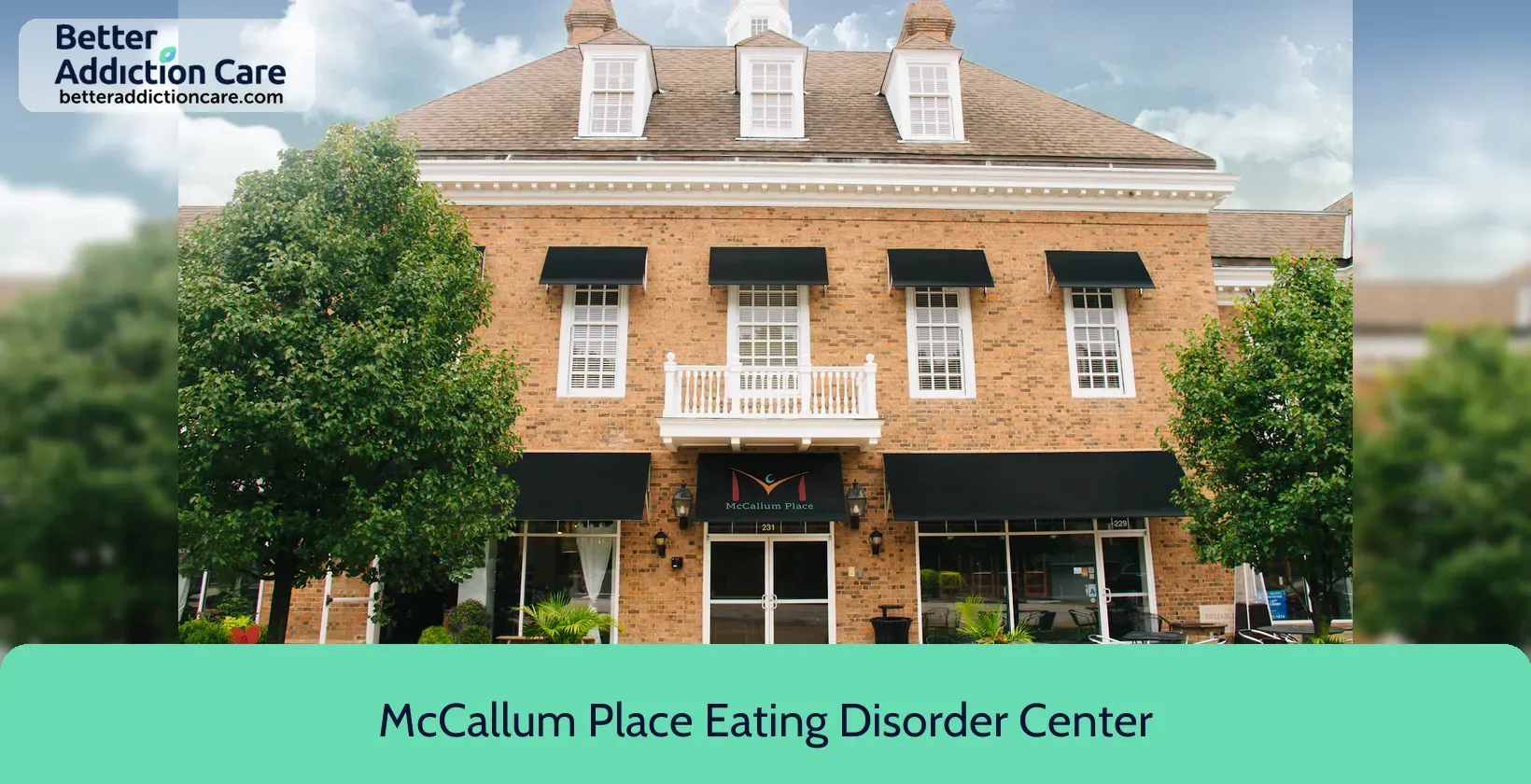
6.92
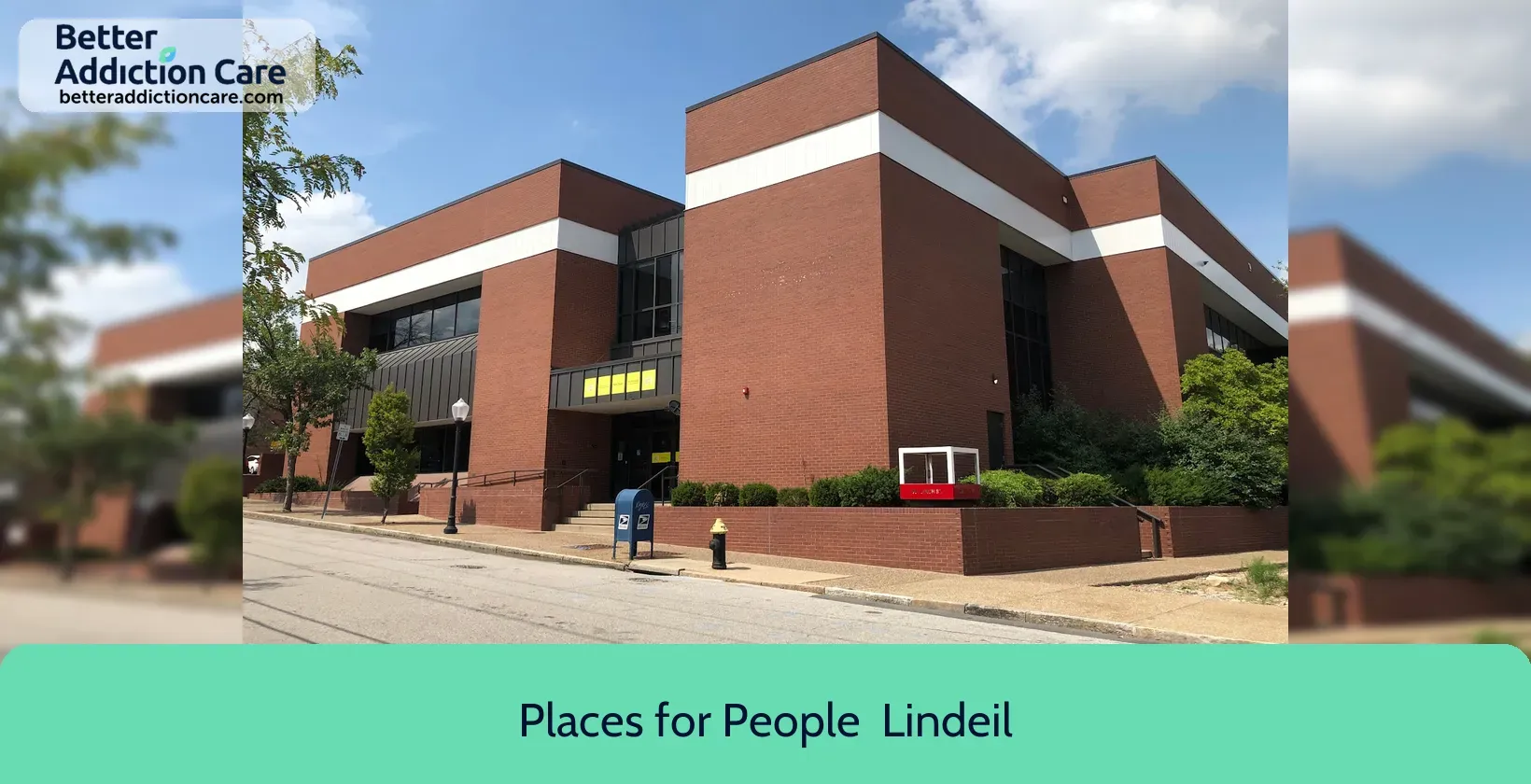
6.77
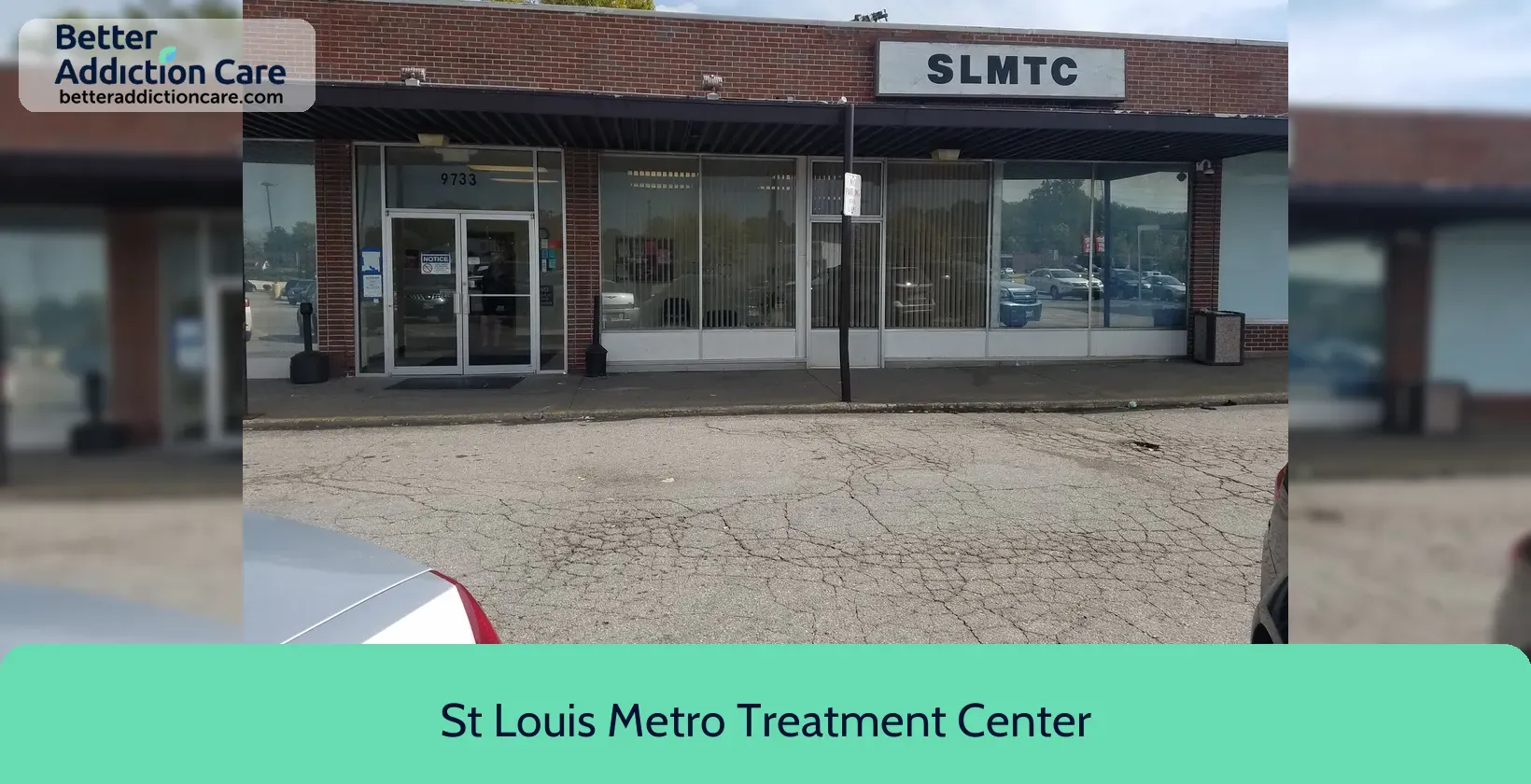
7.16
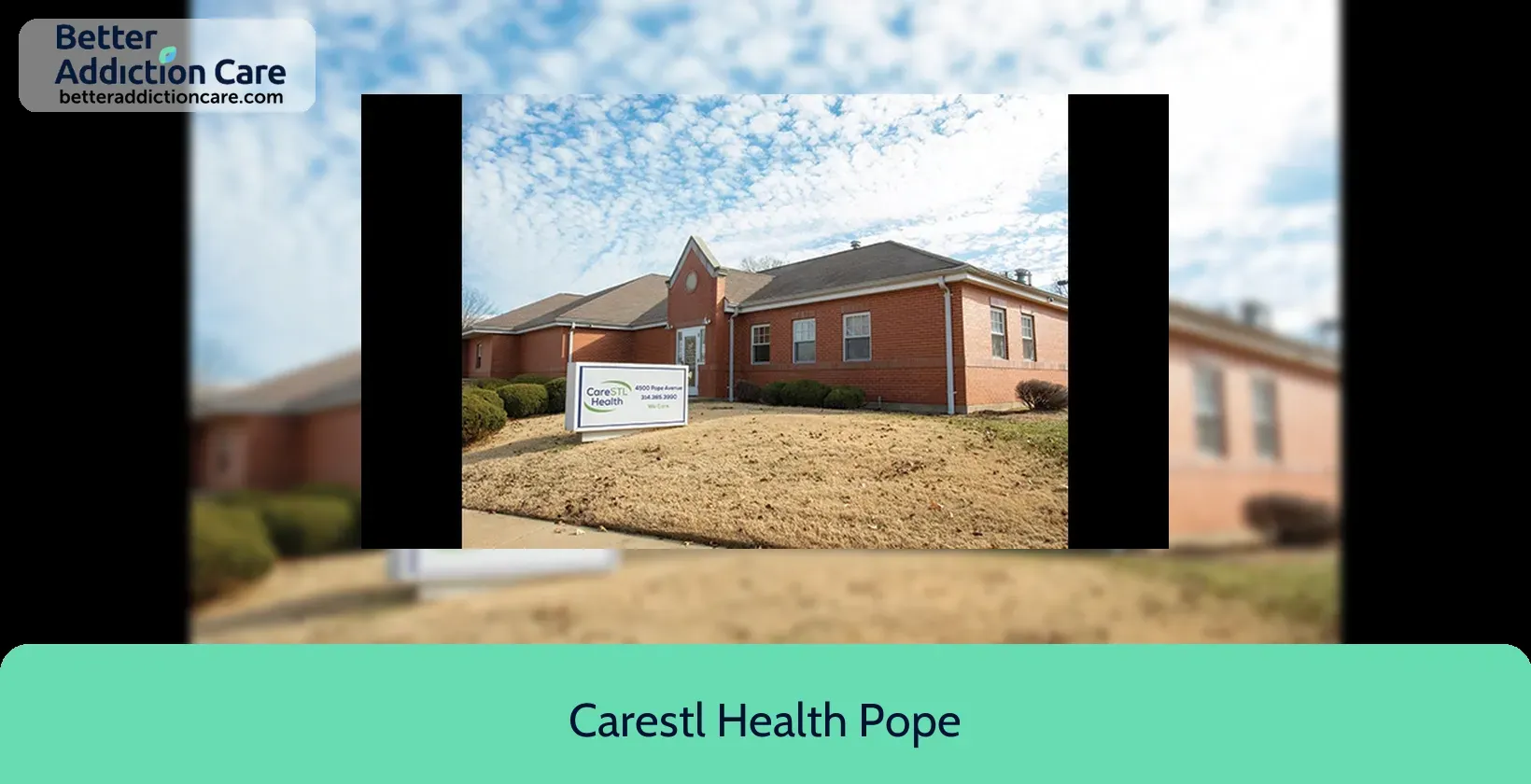
6.71
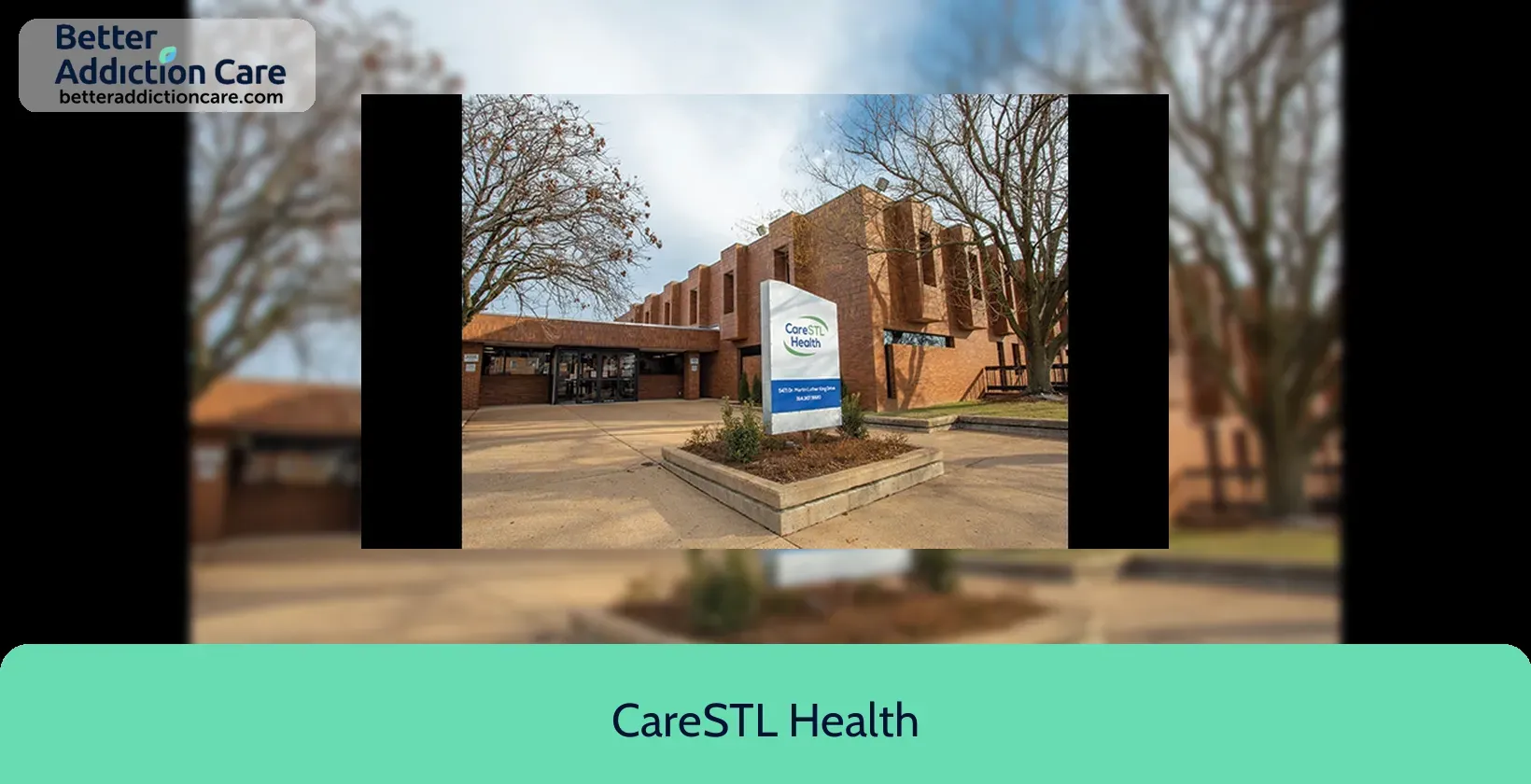
7.46
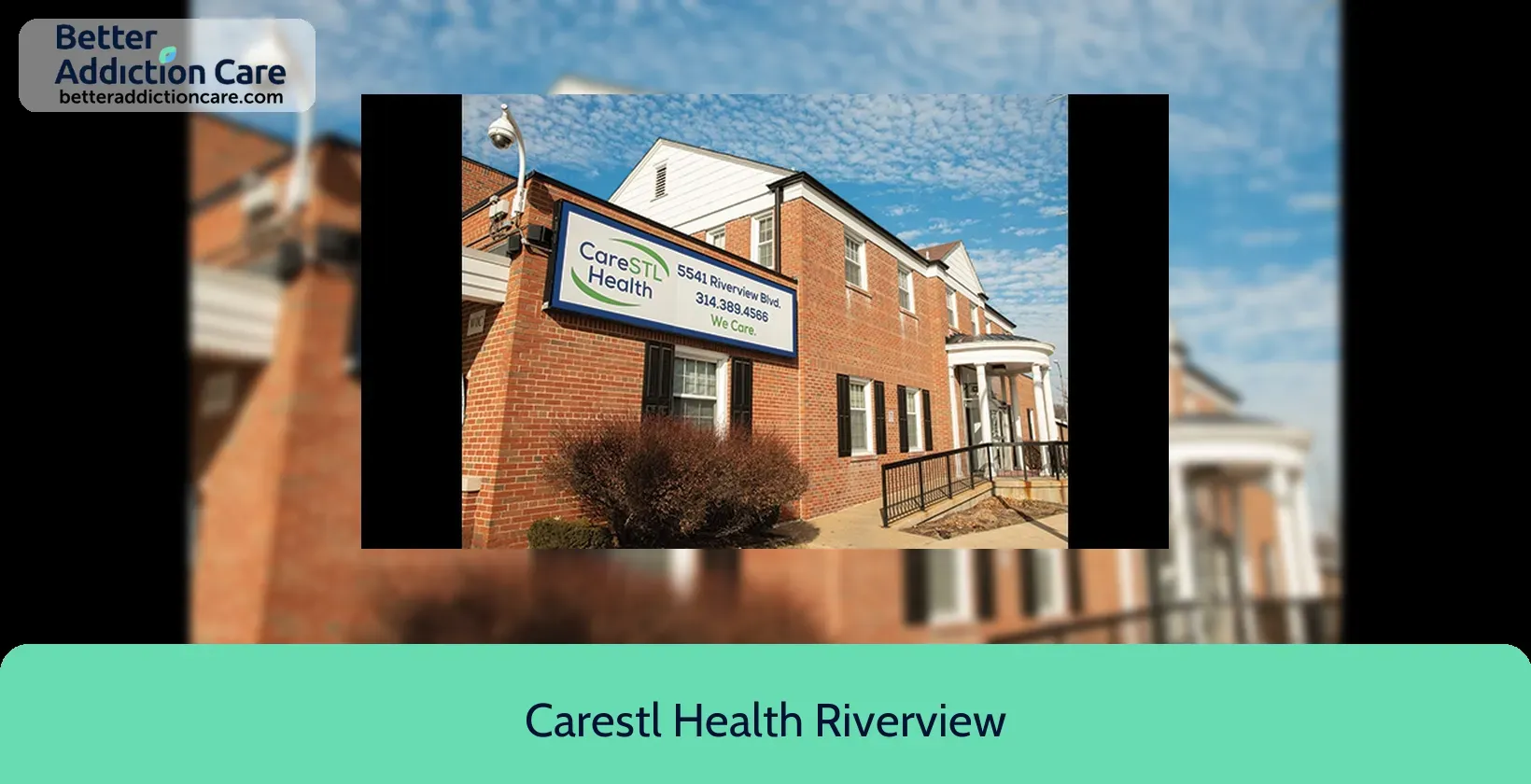
6.71
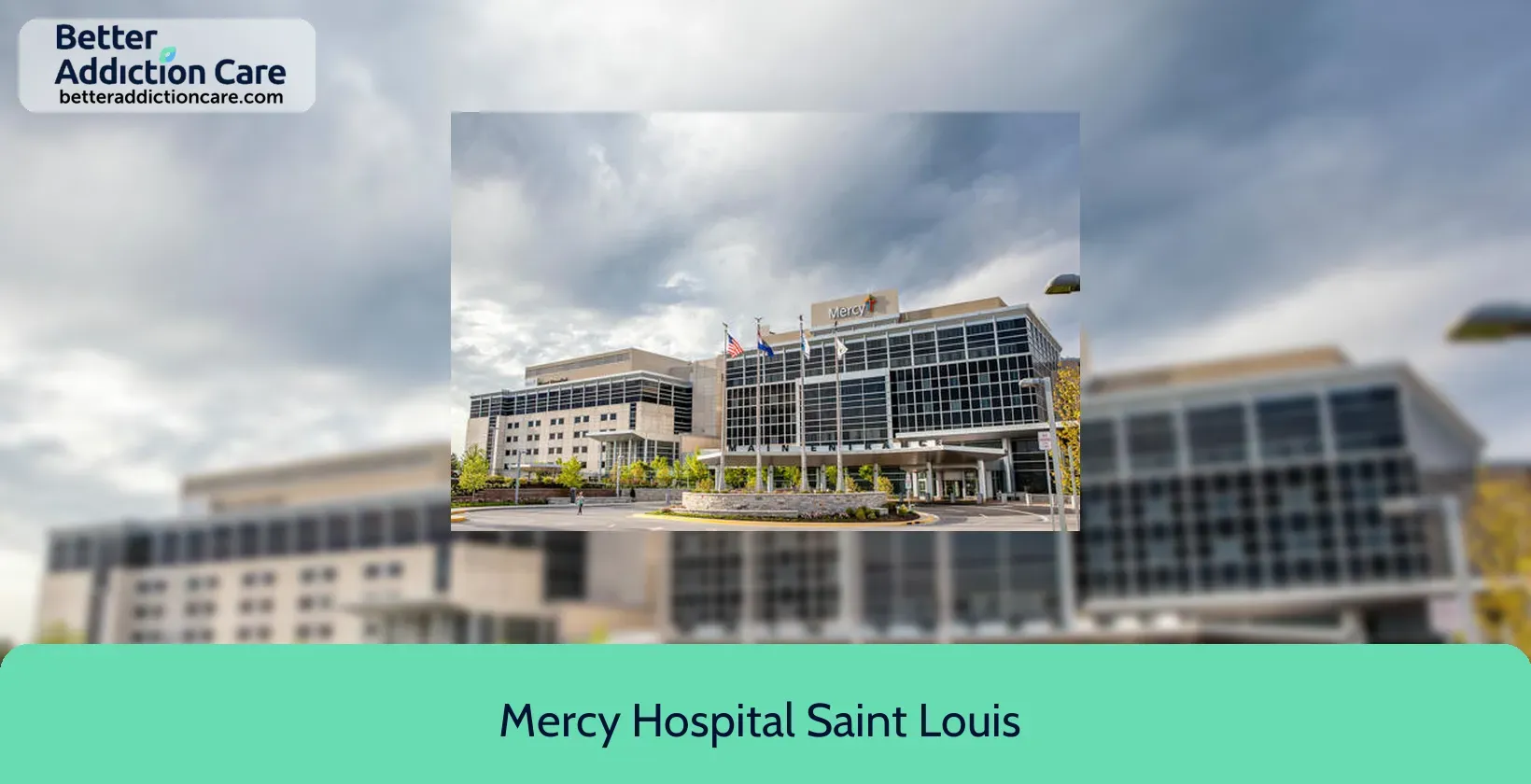
6.59
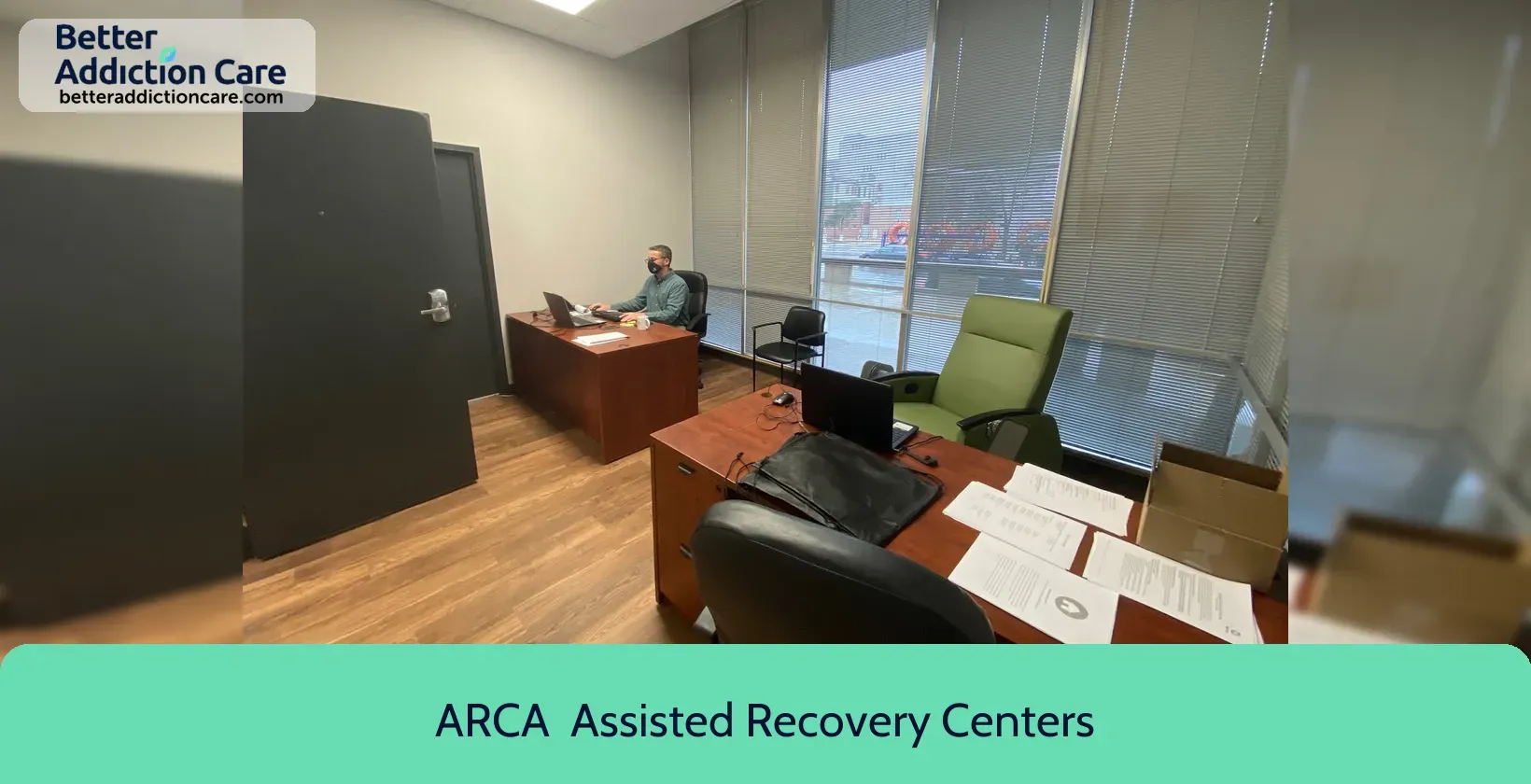
7.33
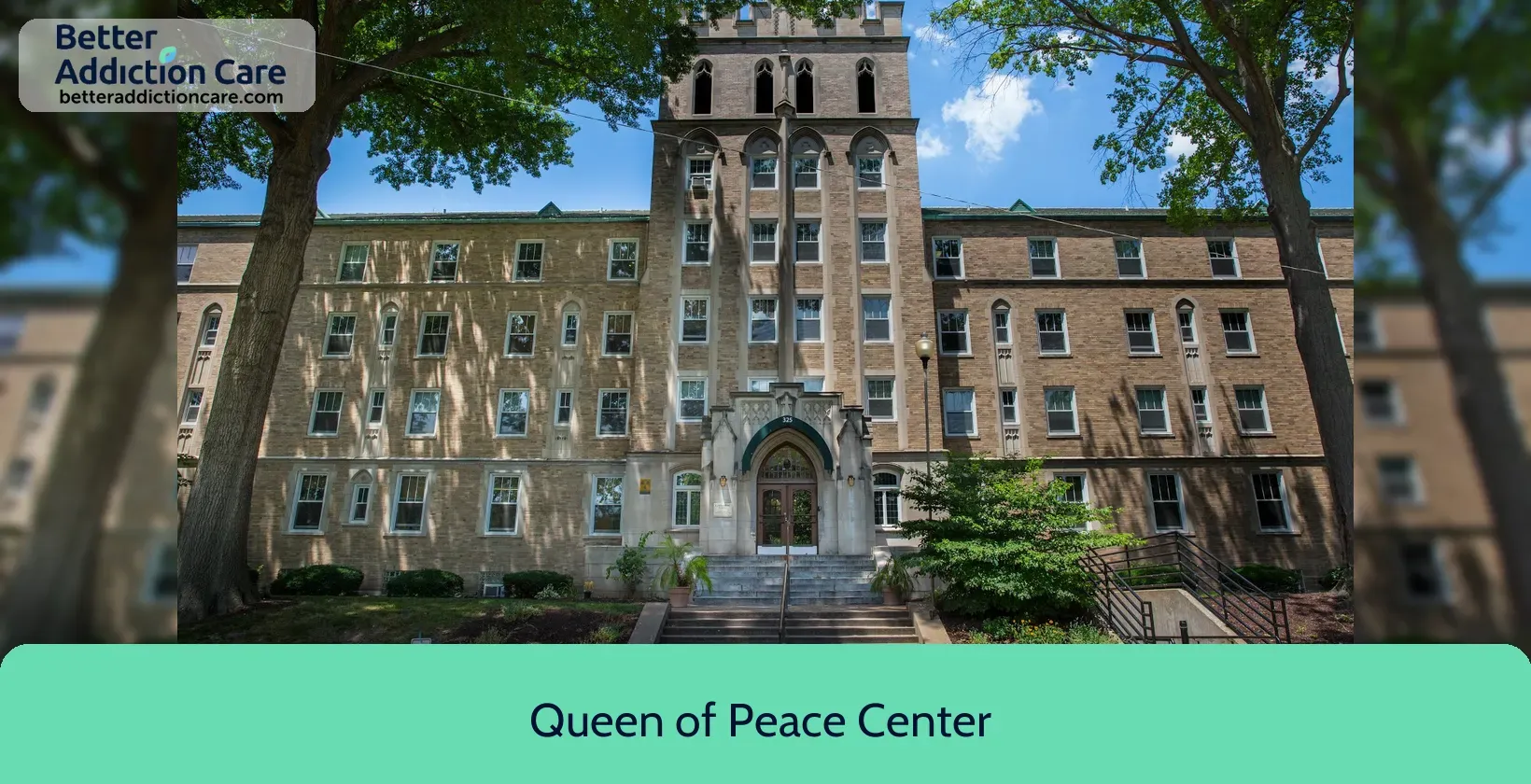
7.33
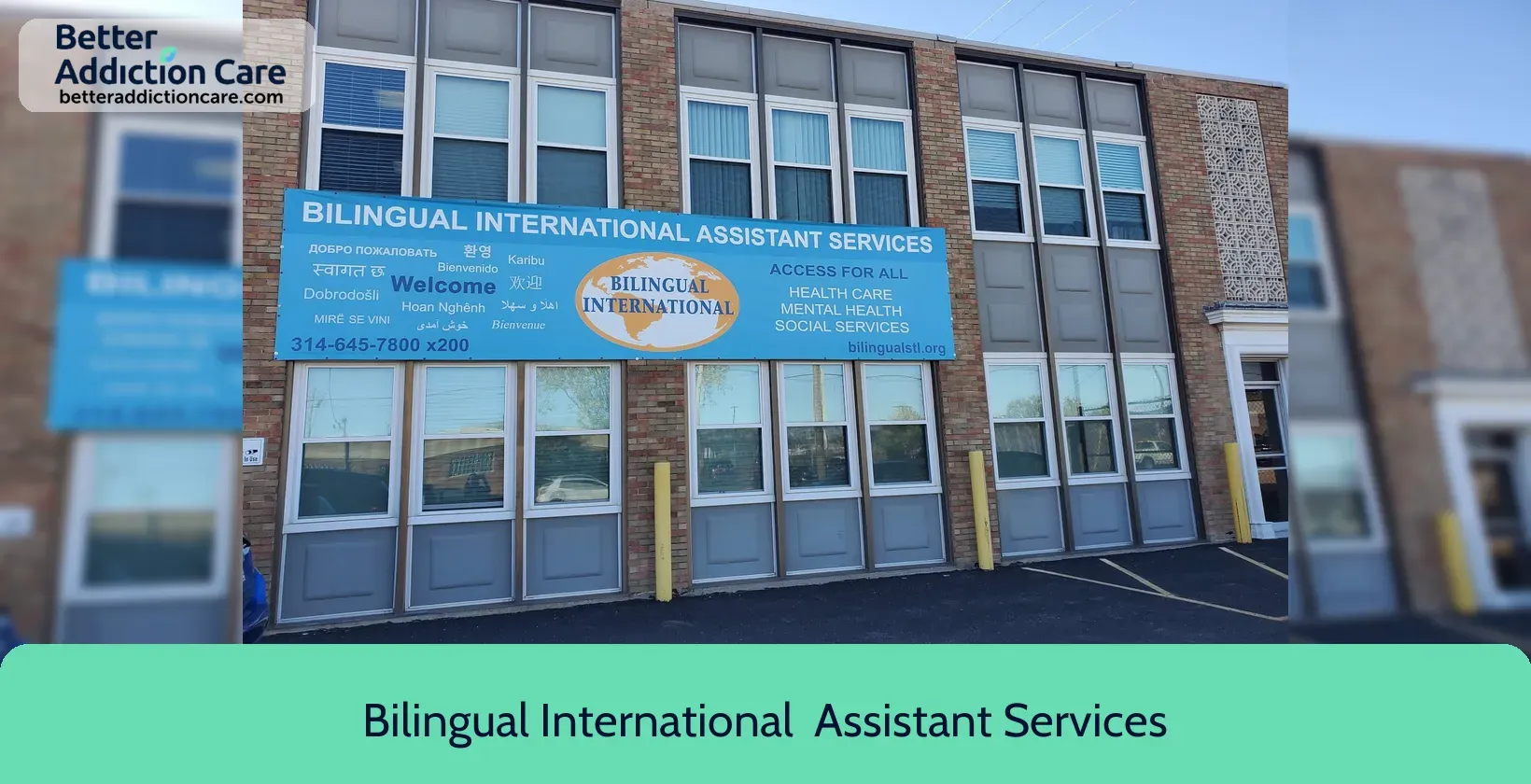
6.71
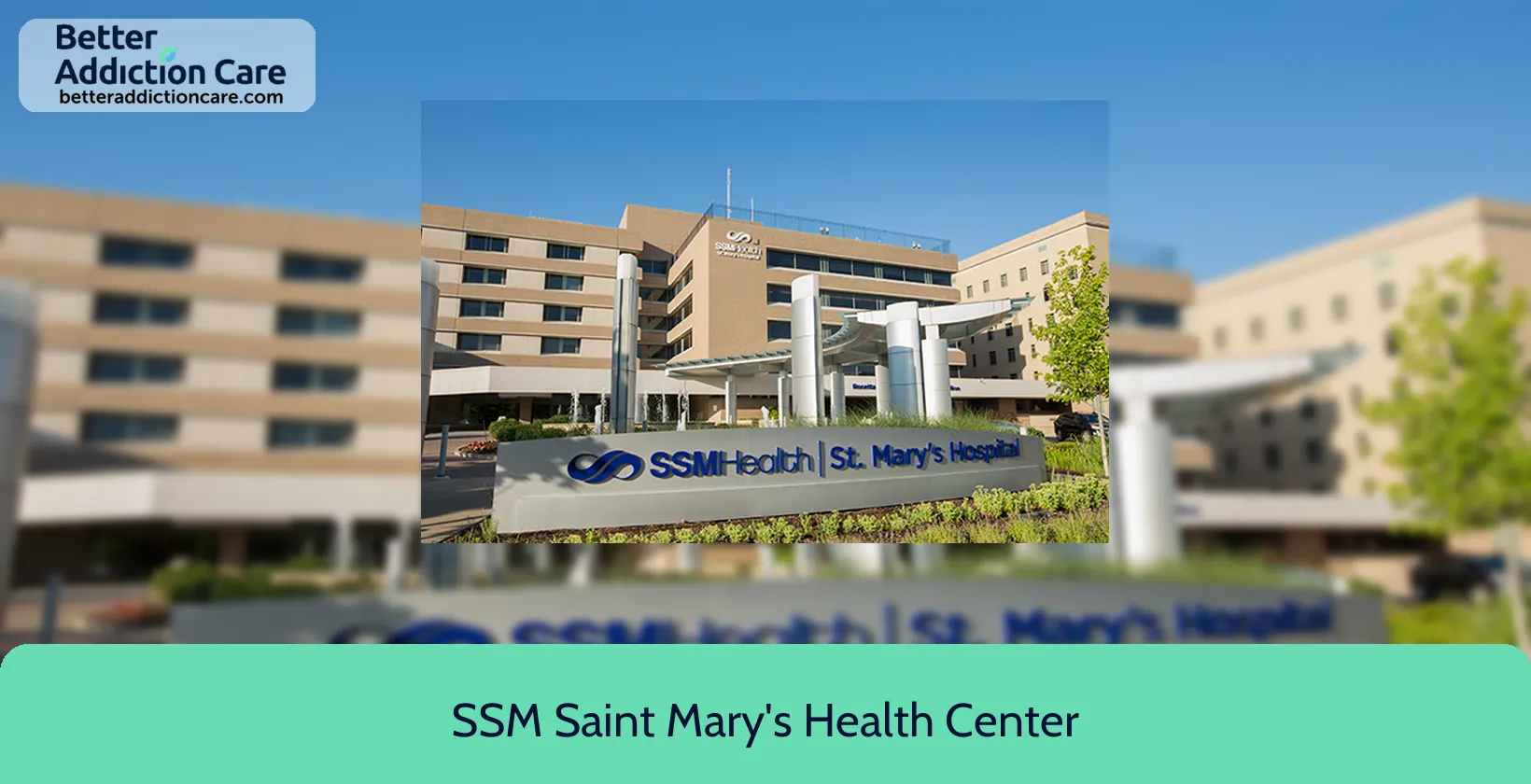
6.71
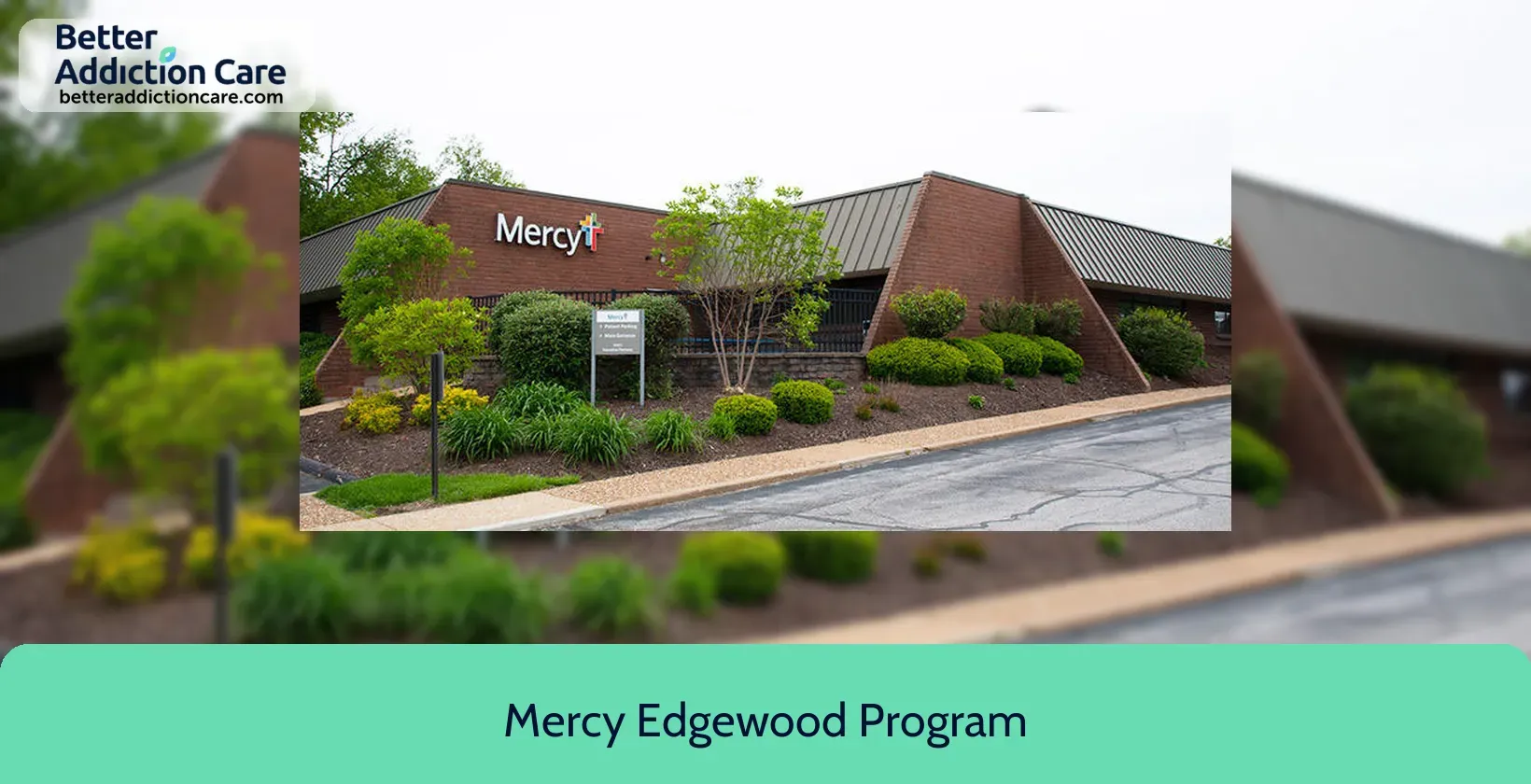
6.82

7.52
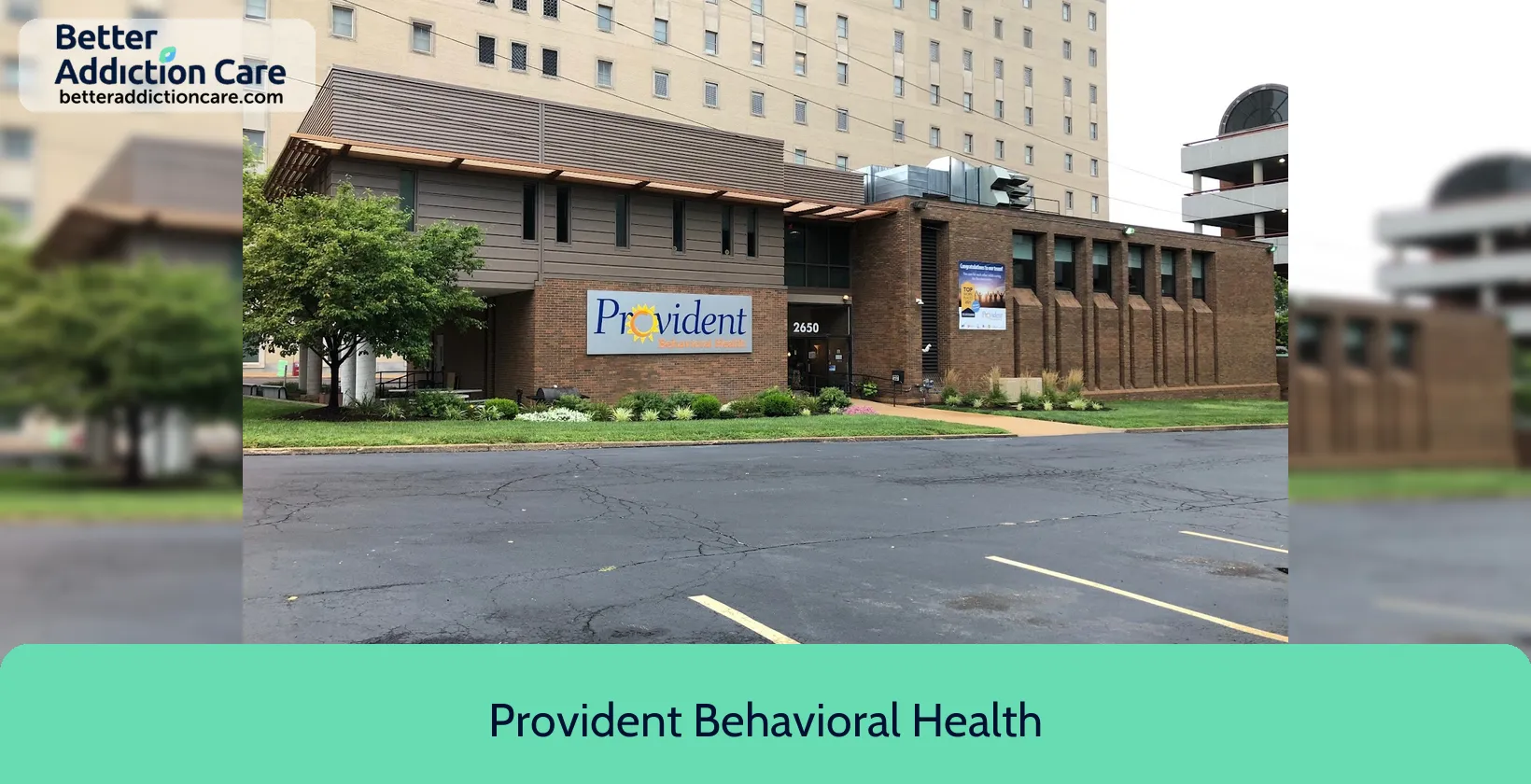
6.62

6.50

8.09

7.63

6.62

6.88

6.71

6.71

6.65

6.65

6.77

7.36

7.28

7.31

6.62

6.62

6.65

6.62

6.92

6.53

6.65

7.78

6.65

6.59
Local Rehabs in Missouri
Common Questions About Rehab in Saint Louis
Take a look at our FAQ. We've tried to fill it with all the answers you're looking for. And if not, contact us on (888) 349-0436.


